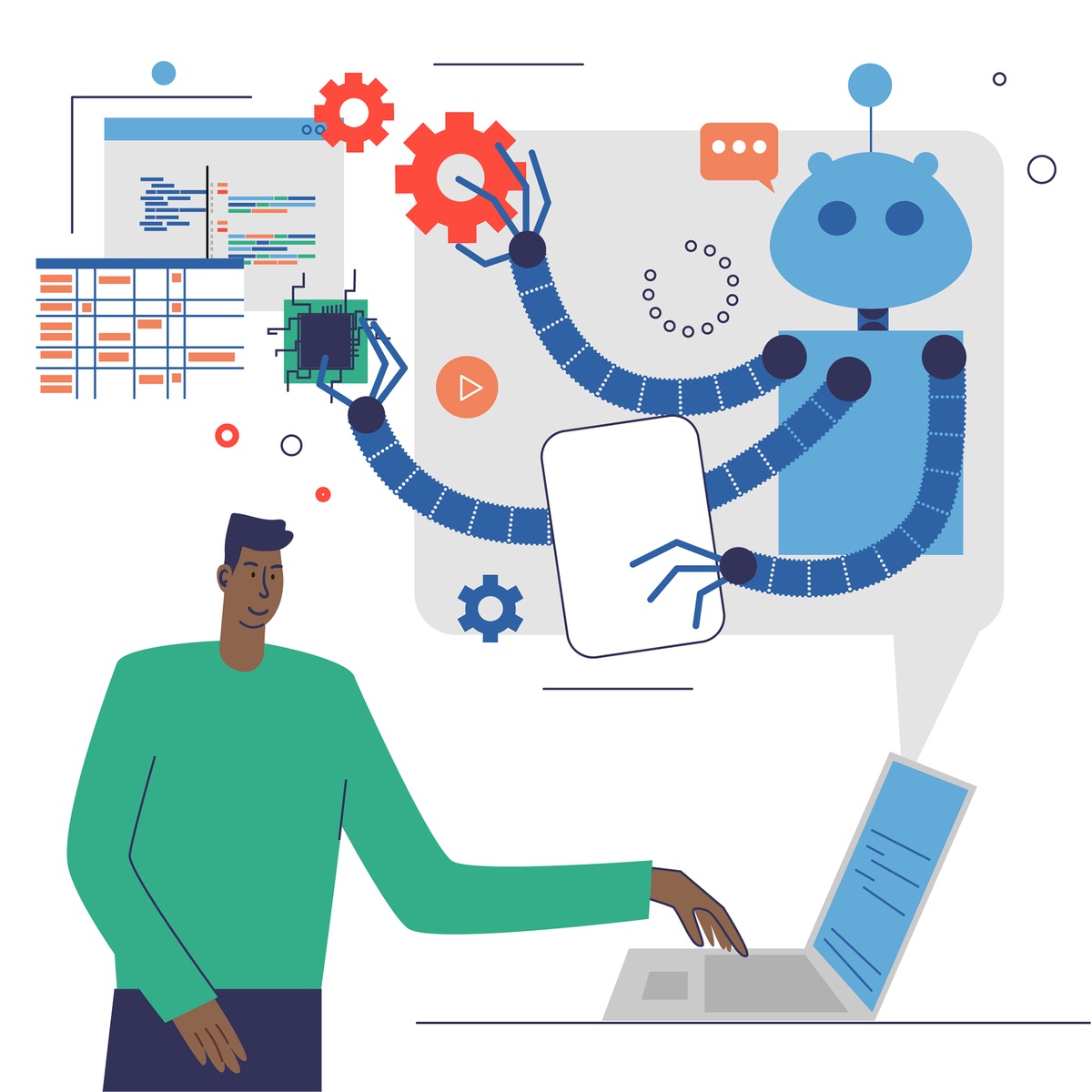Artificial intelligence (AI) has become an essential part of modern computing, transforming the way we live and work. With recent advancements in machine learning, AI has evolved into adaptive AI, a technology that is capable of learning and adapting to new data and experiences. Adaptive AI is changing the way we interact with computers, providing personalized experiences and improving efficiency and accuracy.
The rapid growth of technology has led to the development of Adaptive AI, a groundbreaking technology that is transforming the way we interact with computers. The process of Adaptive AI development involves the use of advanced machine learning algorithms to analyze data and adjust the system's behavior accordingly. By learning from user feedback and experiences, Adaptive AI can provide personalized recommendations and solutions that were previously impossible to obtain. This technology has the potential to revolutionize industries such as healthcare, finance, and customer service by analyzing large amounts of data to provide valuable insights.
In the healthcare industry, adaptive AI is already being used to analyze patient data and provide personalized treatment plans. For example, adaptive AI can analyze a patient's medical history, symptoms, and genetics to recommend a personalized treatment plan. This technology can also be used to monitor patient health in real-time, alerting doctors to potential issues before they become serious.
In the finance industry, adaptive AI is being used to provide personalized investment recommendations. Adaptive AI can analyze market trends and a user's investment history to recommend investments that are tailored to their risk profile and investment goals. This technology can also be used to monitor a user's investments and adjust their portfolio accordingly.
In customer service, adaptive AI is being used to provide personalized recommendations and support. Adaptive AI can analyze a user's previous interactions with a company and provide recommendations based on their preferences and needs. This technology can also be used to automate customer service tasks, such as answering frequently asked questions and routing calls to the appropriate department.
Adaptive AI is also transforming the way we interact with technology in our daily lives. For example, adaptive AI is being used to personalize the content we see on social media platforms. Adaptive AI can analyze our browsing history and social media activity to recommend content that is relevant to our interests. This technology can also be used to personalize the ads we see, making them more relevant and effective.
Adaptive AI is also being used to personalize the way we interact with our devices. For example, adaptive AI can analyze a user's typing patterns and adjust the keyboard layout to improve typing speed and accuracy. This technology can also be used to adjust the brightness and color temperature of a device's display based on a user's preferences and the ambient lighting conditions.
One of the most exciting applications of adaptive AI is in the field of autonomous vehicles. Adaptive AI can analyze data from sensors and cameras to adjust a vehicle's behavior in real-time. For example, adaptive AI can adjust a vehicle's speed and braking distance based on traffic and road conditions. This technology can also be used to personalize the driving experience, adjusting the seat position and temperature based on a user's preferences.
Adaptive AI has the potential to improve efficiency and accuracy in a wide range of industries. This technology can analyze large amounts of data and provide insights that were previously impossible to obtain. It can also provide personalized recommendations and solutions, improving the user experience and increasing customer satisfaction.
However, there are also concerns about the impact of adaptive AI on privacy and security. Adaptive AI requires access to large amounts of data to learn and adapt, raising concerns about data privacy and the potential for misuse. There are also concerns about the potential for adaptive AI to be used for malicious purposes, such as cyberattacks or identity theft.
To address these concerns, it is important for developers to prioritize privacy and security when designing adaptive AI systems. This includes implementing strong encryption and access controls, as well as transparent data collection and use policies. It is also important for users to be aware of the potential risks associated with adaptive AI and to take steps to protect their data and devices.


No comments yet